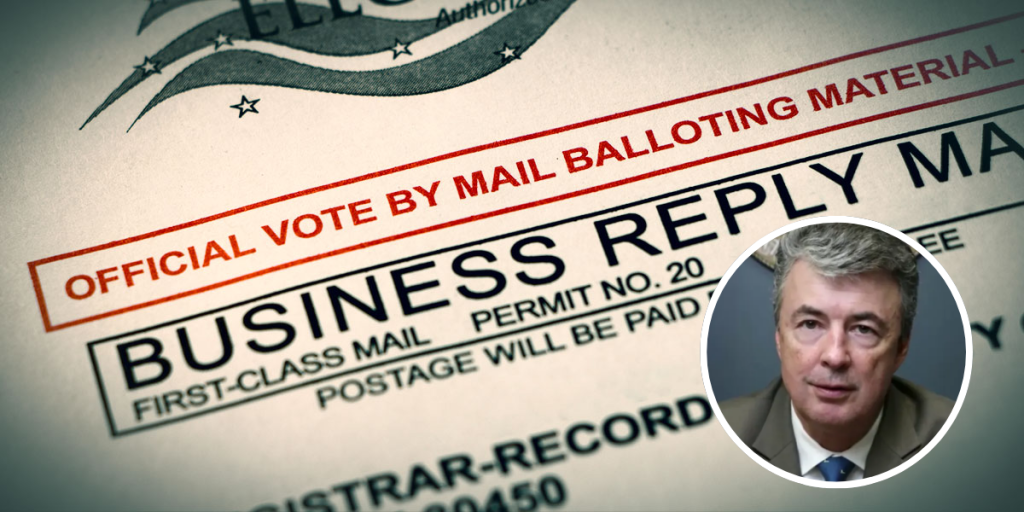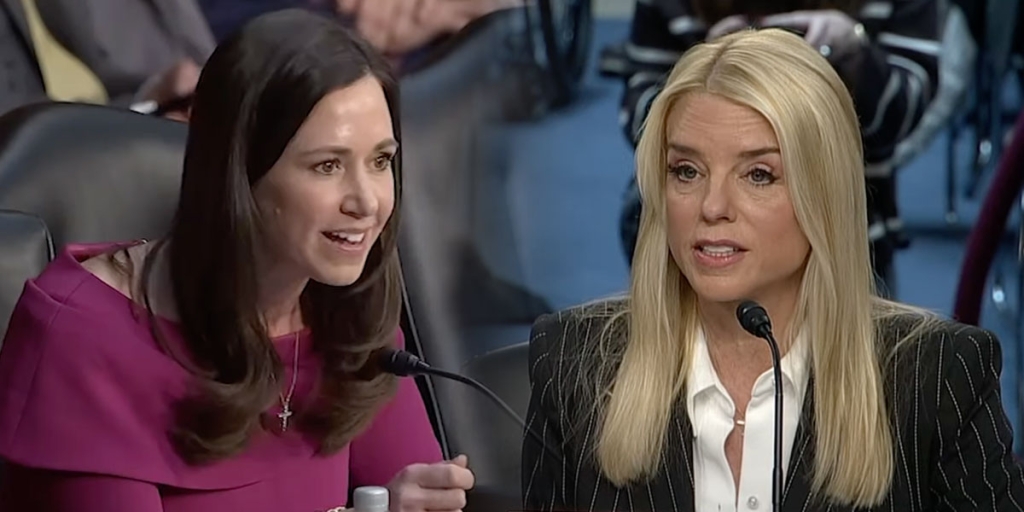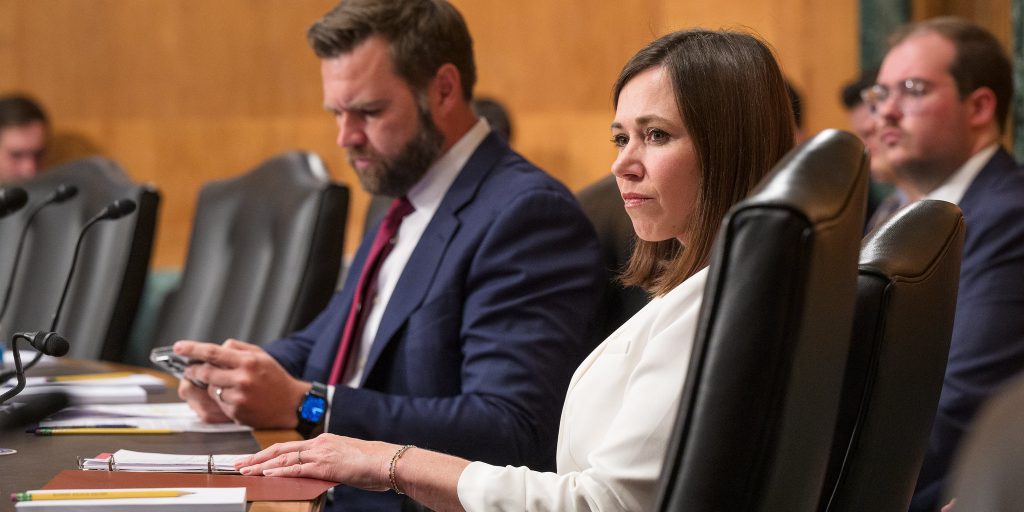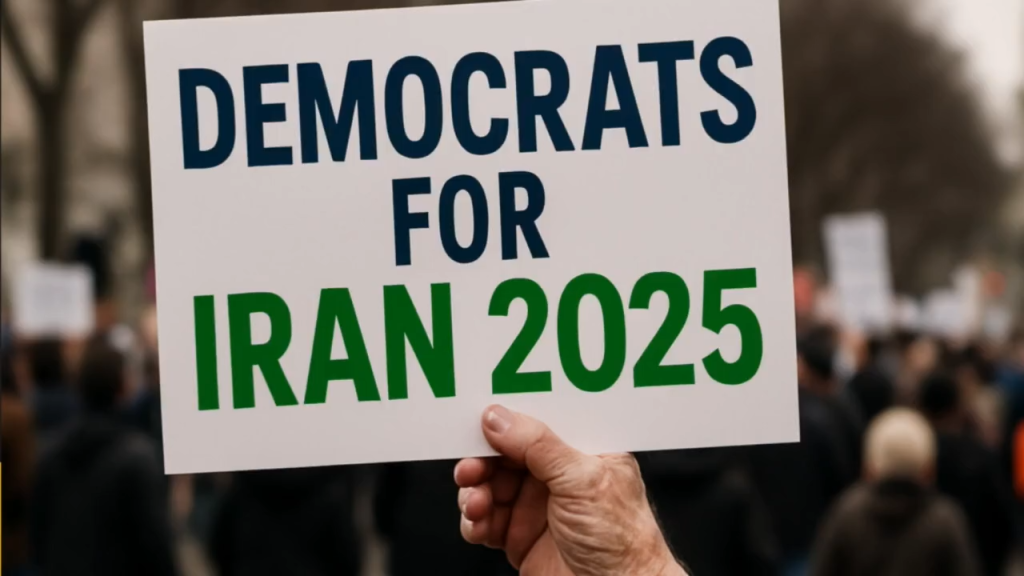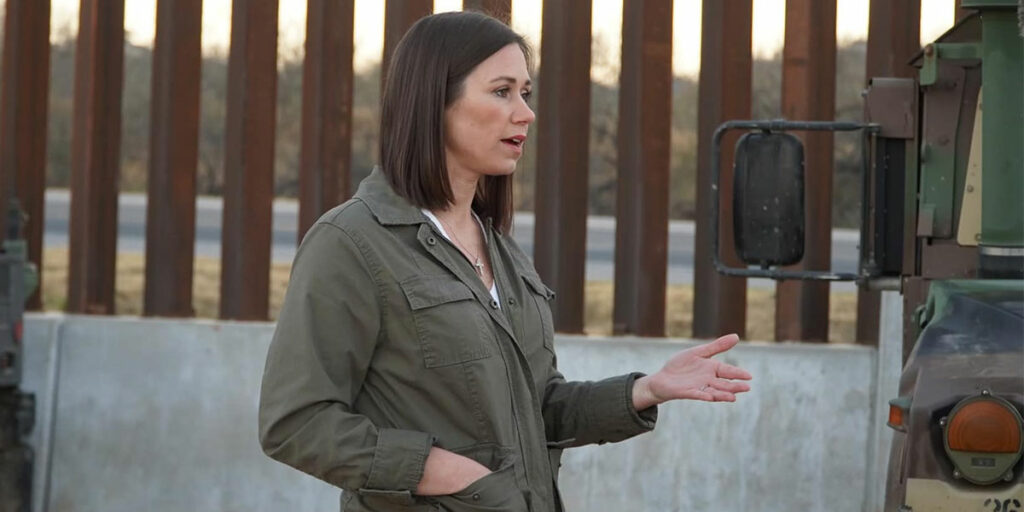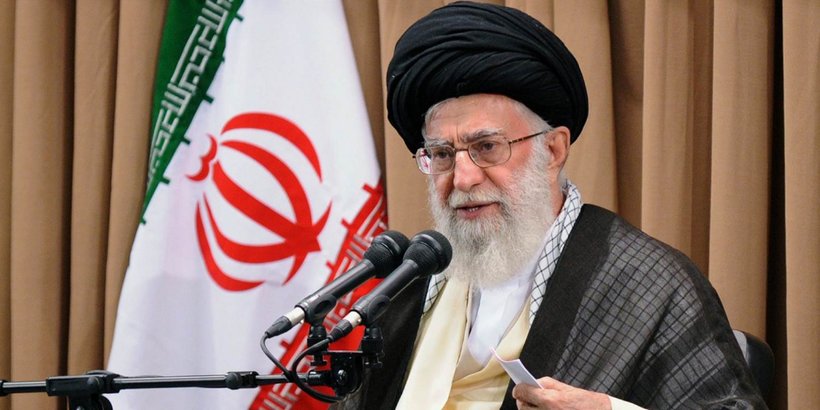
On June 24, 2015, President Obama stood in the Roosevelt Room of the White House and said “I am reaffirming that the United States government will not make concessions, such as paying ransom, to terrorist groups holding American hostages.”
This position shouldn’t have been too surprising because it has long been the position of the U.S. government to not pay ransoms to terrorist organizations or groups. The reasoning behind this is that paying ransoms just further encourages kidnappings and puts more Americans at risk.
Despite this reassurance, on January 17, 2016, an unmarked cargo plane landed at a European airport. On this plane were wooden pallets stacked with unmarked, foreign currency– $400 million worth to be exact. Who was waiting at the airport to accept this money? The Islamic Republic of Iran.
On the same day this payment occurred, several Americans who had been held prisoner in Iran were released. This was clearly a ransom payment and broke the decades old policy of the United States not paying ransom.
Making matters worse, the payments did not stop there. All told, the United States paid Iran $1.7 billion. The money was related to a decades old dispute about an Iranian arms sale, but the payment was clearly related tied to the release of U.S. prisoners.
I have a slew of concerns with this ransom payment.
First, by giving money to Iran, the United States is supporting the world’s leading state sponsor of terrorism. Iran has a clear track record of supporting terrorist groups like Hezbollah and Hamas. Iran is clearly no friend of the United States or our allies.
Second, the United States should never pay a ransom – and this payment was clearly ransom. Some in the Obama Administration claimed the payment was just a “settlement.” If that was the case, then why was the payment made the same day the prisoners were released?
Iranian officials have said the payment was a ransom. In fact, an Iranian general is quoted as saying that “the money was returned for the freedom of the U.S. spy and it was not related to the [nuclear] negotiations.”
On top of that, an official with President Obama’s Justice Department raised concerns that the cash payment to Iran would send a signal that the United States had changed our policy on paying ransom. This isn’t some conspiracy theory. The fact that this was a ransom payment has been confirmed by Obama Administration officials.
The third major concern I have with the ransom payment is that it was made in cash. The payment could have been done by a wire transfer, which would have made it easier to track what Iran does with the money.
Given Iran’s history of money laundering, the cash payment is especially concerning. According to an international body responsible for combating money laundering known as the Financial Action Task Force, the “physical transportation of currency” is “one of the main methods used to move criminal assets, launder money and finance terrorism.”
Given all of these concerns, I am pleased to report that last week the House of Representatives passed a bill with bipartisan support that would prohibit any future ransom payments to Iran.
Our bill would also require a 30-day Congressional notification and review of any future settlements related to the U.S. Iran Claims Tribunal. This way Congress will have an opportunity to review any future payments.
Ultimately, we need to stop empowering Iran and instead start weakening them. By putting our foot down, the American people and our allies in the Middle East will be safer and stronger.
Bradley Byrne represents Alabama’s 1st Congressional District in the United States House of Representatives




